University of California San Francisco
Give to UCSF-
-
Stephen Hauser Wins Breakthrough Prize for Role in Redefining MS
Neuro-immunologist Stephen Hauser, MD, whose maverick thinking transformed the treatment landscape for patients with multiple sclerosis (MS), has received the 2025 Breakthrough Prize in Life Sciences.

-
How Your Brain Manages Cholesterol Could Increase Alzheimer’s Risk
Alzheimer’s disease is characterized by a host of recognizable cognitive symptoms, but many non-cognitive symptoms like changes in sleep, anxiety and depression can be early signs of the disease.

-
Lo-Res to Hi-Res, A Better way to Pinpoint Where Seizures Begin
Locating seizure onset zones is a critical requirement for epilepsy surgery. This often relies upon intracranial recordings, but finding the exact zone can still present challenges. An experimental study capturing seizures on grid electrode arrays of varying density found that higher density grid arrays produced more specificity in seizure onset areas.

-
NIH Funding Drives UCSF’s Pursuit of Better Health for All
UCSF received $815 million in awards from the National Institutes of Health (NIH) last year for research that will improve the lives of patients in the U.S. and around the world.

-
How a Paralyzed Man Moved a Robotic Arm with His Thoughts
A paralyzed man was able to move a robotic arm and fingers simply by imagining himself doing so, with the help of brain signals decoded through a computer.
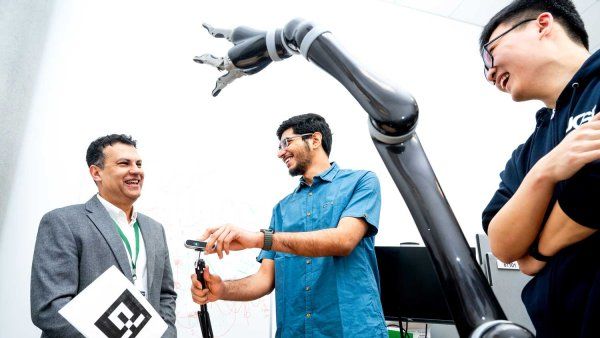
-
The ‘Silent’ X Chromosome Gives the Aging Female Brain a Boost
Why do women's brains fare better in aging than men's? A study found that the second, 'silent' X chromosome turns on in the brain of old female mice and improves learning and memory – opening new paths to slow the decline in men and women.
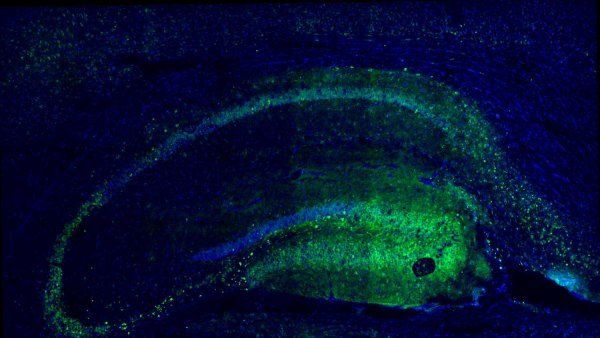
-
How to Build Bold Thinking to Foster Scientific Breakthroughs
Martin Kampmann, PhD, and Anna Victoria Molofsky, MD, PhD, are the 2025 recipients of the Bowes Biomedical Investigator award, which supports scientists who take novel approaches and have the potential to make significant contributions to biomedicine. Recipients receive $1.25 million over five years.

-
Aging Women’s Brain Mysteries Are Tested in Trio of Studies
-
Napping More as You Get Older? Here’s Why That May Not Be a Good Thing
-
This New Treatment Can Adjust to Parkinson’s Symptoms in Real Time
The FDA has approved an adaptive deep brain stimulation (aDBS) treatment for people with with Parkinson’s disease, making this groundbreaking technology available to people nationwide.
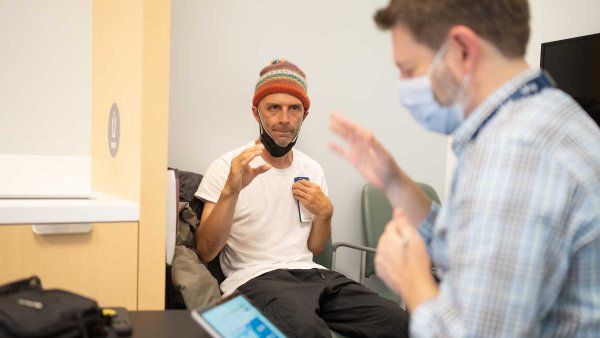
-
Could Brain Aging Be Mom’s Fault?
Researchers found that female mice using only maternal X chromosomes showed faster cognitive decline, which could help explain the variation in brain aging between the sexes.

-
Genes That Grow a Healthy Brain Could Fuel Adult Glioblastoma
A new study paints one of the most detailed pictures of human brain development to date, opening the door to new tests and therapies, including for brain disorders such as autism.

-
The Future of Neuroscience: Building a Silicon Brain
A digital twin of a human mind? It isn’t science fiction.
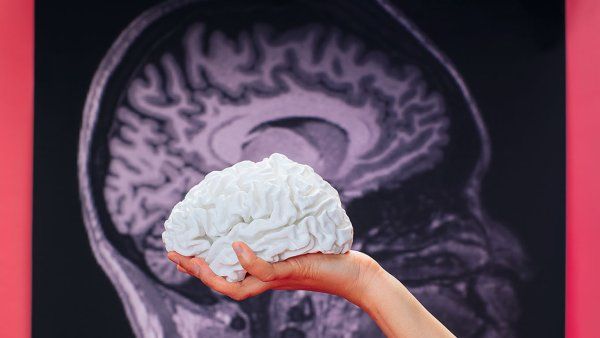
-
On the Origin of Diseases
Insights from human evolution could change how we understand and treat illness.
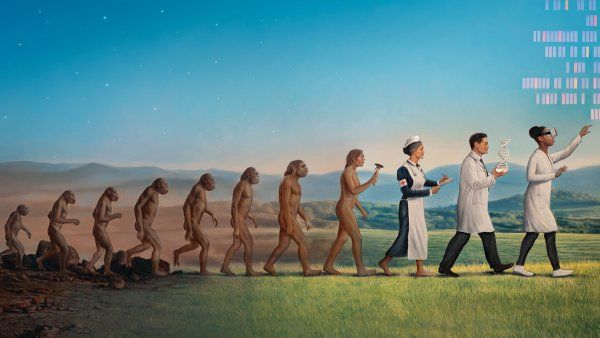
-
The Surprising Effect of Stress on Your Brain’s Reward System
UCSF scientists are uncovering the brain mechanisms behind resilience to stress and exploring new, non-invasive treatments for depression through groundbreaking research in mice.
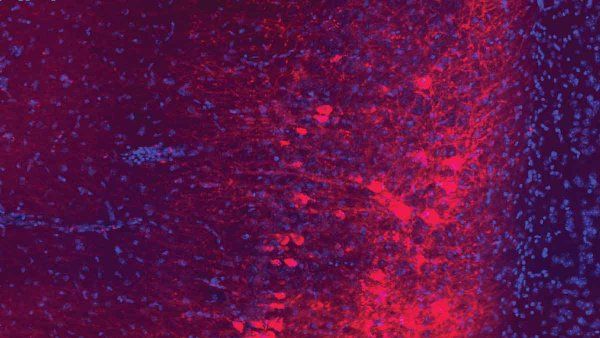
-
48 UCSF Researchers Are Honored for Their High-Impact Science
Nearly 50 UCSF researchers have been named to Clarivate’s list of most influential scientists for 2024.
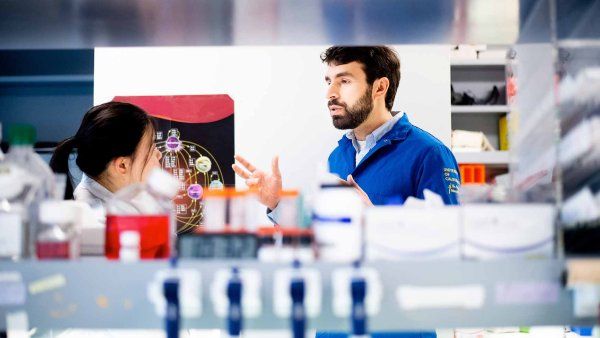
-
This AI Tool Helps Neurosurgeons Find Sneaky Cancer Cells
An AI-based diagnostic system reveals cancerous tissue that may not otherwise be visible during brain tumor surgery. This enables neurosurgeons to remove it while the patient is still under anesthesia – or treat it afterwards with targeted therapies.
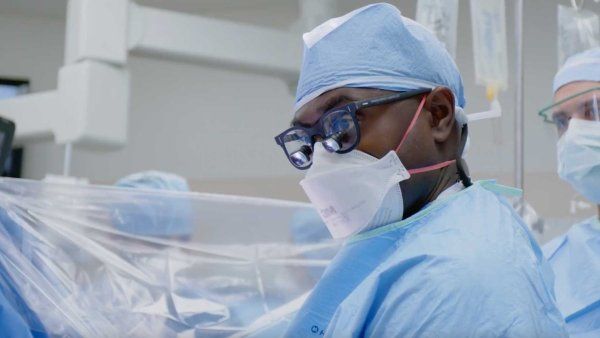
-
Artificial Receptors Could Help Us Solve the Puzzle of Olfaction
Scientists from Duke, UCSF, and City of Hope used cryo-EM to reveal how our noses detect a wide range of odors, offering insights into olfaction.

-
Poor Sleep in Midlife Is Linked to Faster Brain Atrophy
Poor sleep in midlife, like difficulty falling asleep or waking early, may accelerate brain atrophy linked to dementia, a UCSF study finds.

-
UCSF Benioff Children’s Hospitals Tie for Best in Northern California in 2024-2025
UCSF Benioff Children’s Hospitals have tied as the best hospitals in Northern California in the 2024-2025 U.S. News & World Report Best Children’s Hospitals list.
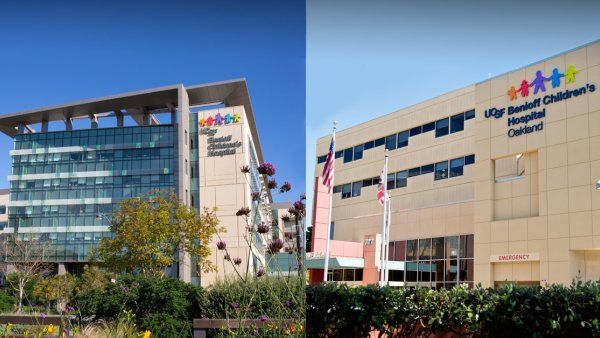
-
Research Points a Way to Modulate Scarring in Spinal Cord Injury
David Julius and Wendy Yue have discovered a natural mechanism that could help reduce scarring after a spinal cord injury.
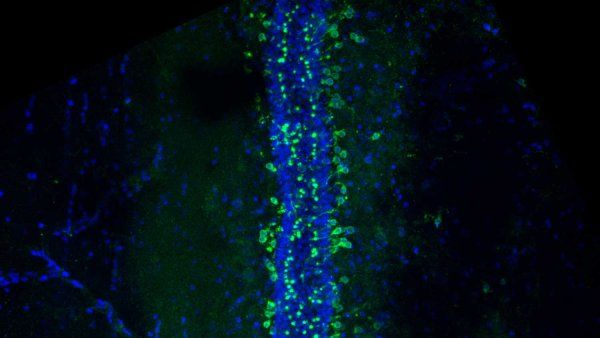
-
New Hope for Progressive Supranuclear Palsy with Innovative Trial
A clinical trial that will test three drugs concurrently, and could include more, represents new hope for patients with progressive supranuclear palsy (PSP), an incurable neurodegenerative disorder that usually kills within seven years after symptoms start.
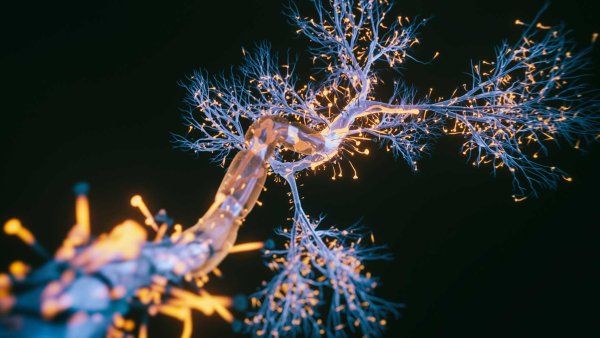
-
New Study: Can Your Phone and AI Track Parkinson’s Progression?
A new video-based symptom assessment system for Parkinson’s Disease that is enabled by machine learning represents a potential solution to the challenge of assessing Parkinson’s Disease progression in a quantifiable way.
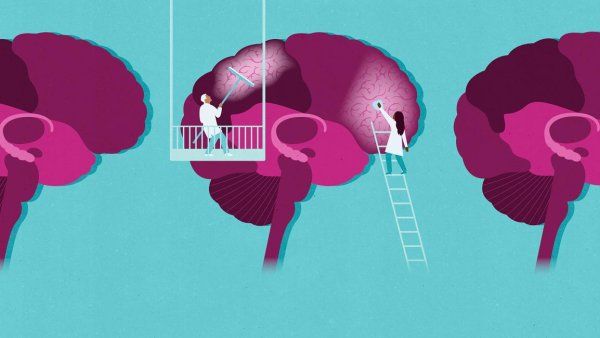
-
A Personalized Brain Pacemaker for Parkinson’s
-
New Parkinson’s Treatment Helps Former Pro Keep Skateboarding
An experimental adaptive deep brain stimulation (aDBS) device had tremendous success in a trial that helped a Parkinson’s patient, who is a former skateboarding professional, resume skating and mentoring San Francisco youth.
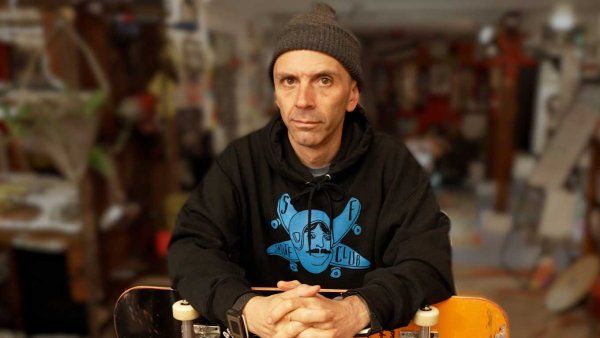
-
Could This New Drug Turn Back the Clock on Multiple Sclerosis?
Scientists at UCSF and Contineum Therapeutics have developed a drug that spurs the body to replace the protective insulation around nerve cells, myelin, that is lost in multiple sclerosis. If it works in people, it could be a way to reverse the damage caused by the disease.
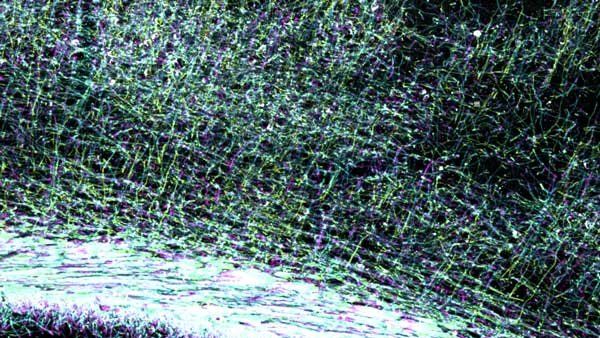
-
Forecasting May Help People with Epilepsy Predict Their Seizures
A team of epilepsy specialists at UC San Francisco has developed a method to predict 24-hour seizure risk. The discovery, which may be scalable to large numbers of patients, could help to improve the

-
Scientists Discover a New Hormone that Can Build Strong Bones
A newly discovered hormone explains why females can maintain bone density during lactation, when calcium is stripped away to make milk. This discovery could one day have applications to treating fractures, osteoporosis, and other bone diseases.
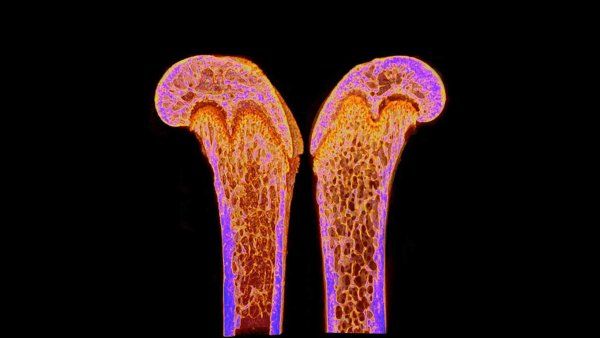
-
Breakthrough: How AI Uses Videos to Gauge Parkinson's Severity
Despite recent advancements in the treatment of Parkinson’s Disease, it remains a challenge to accurately measure the progression of symptoms like tremors, stiffness and slowing of movement for this
